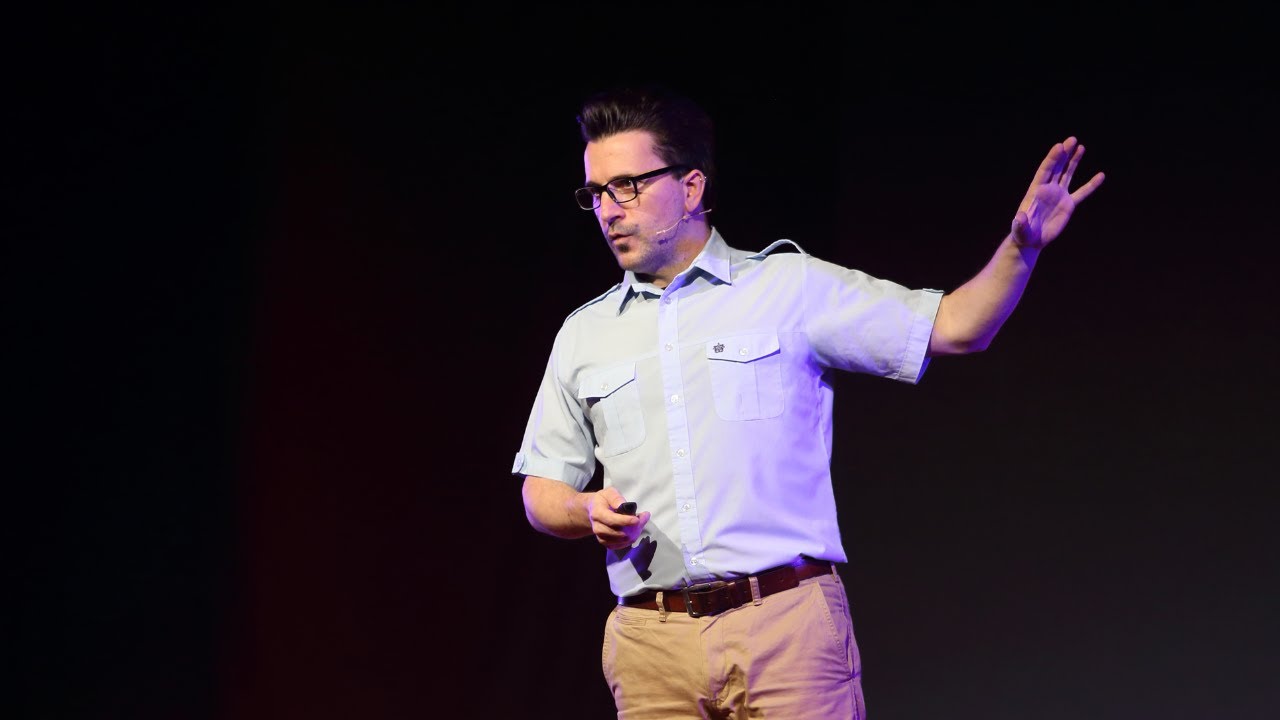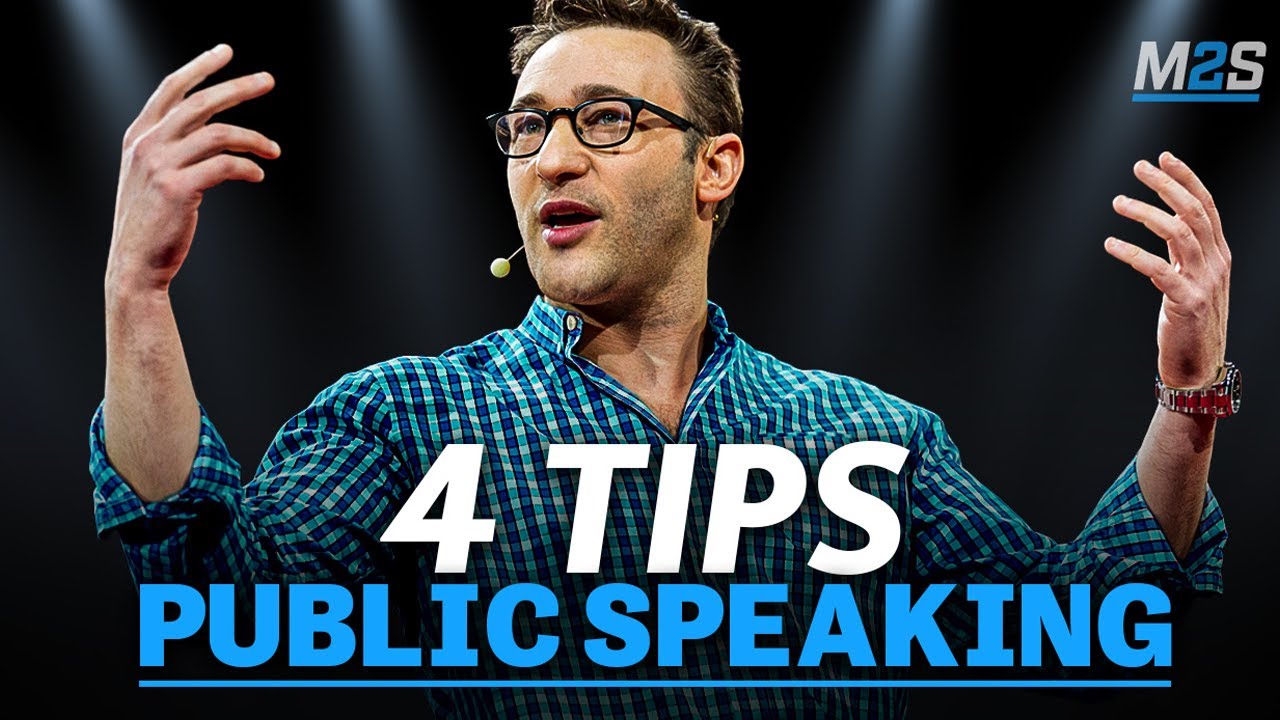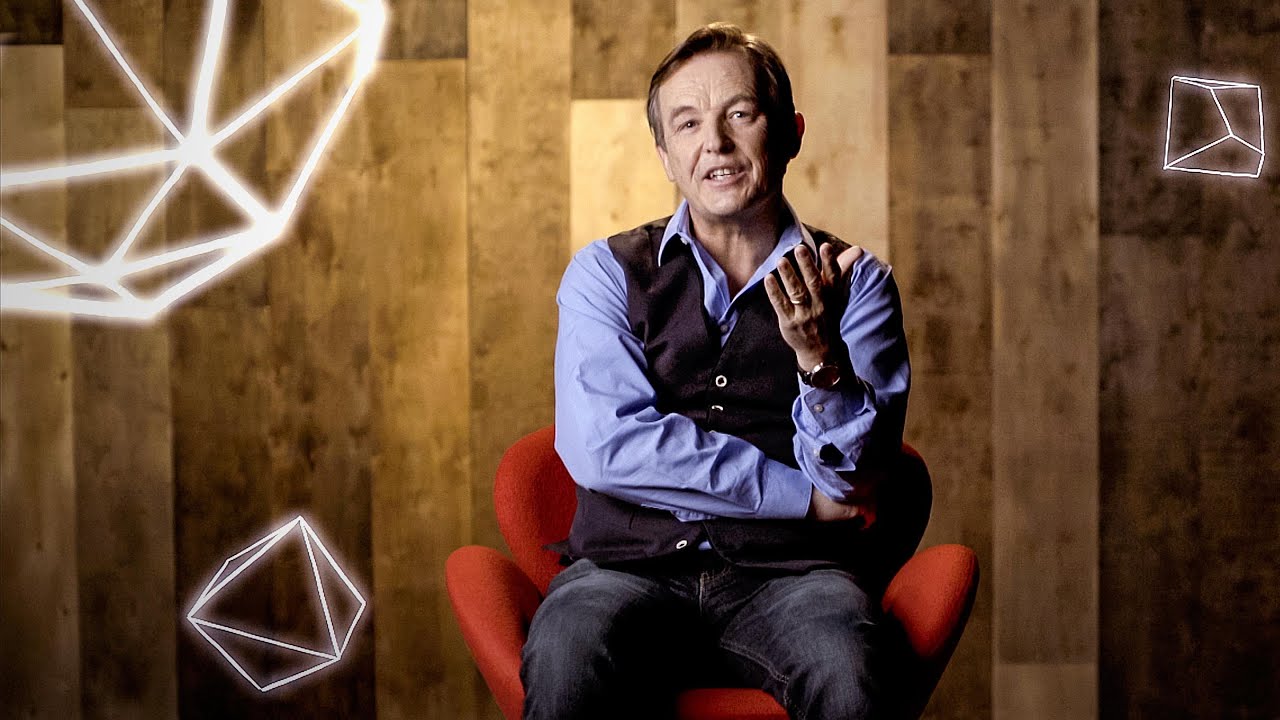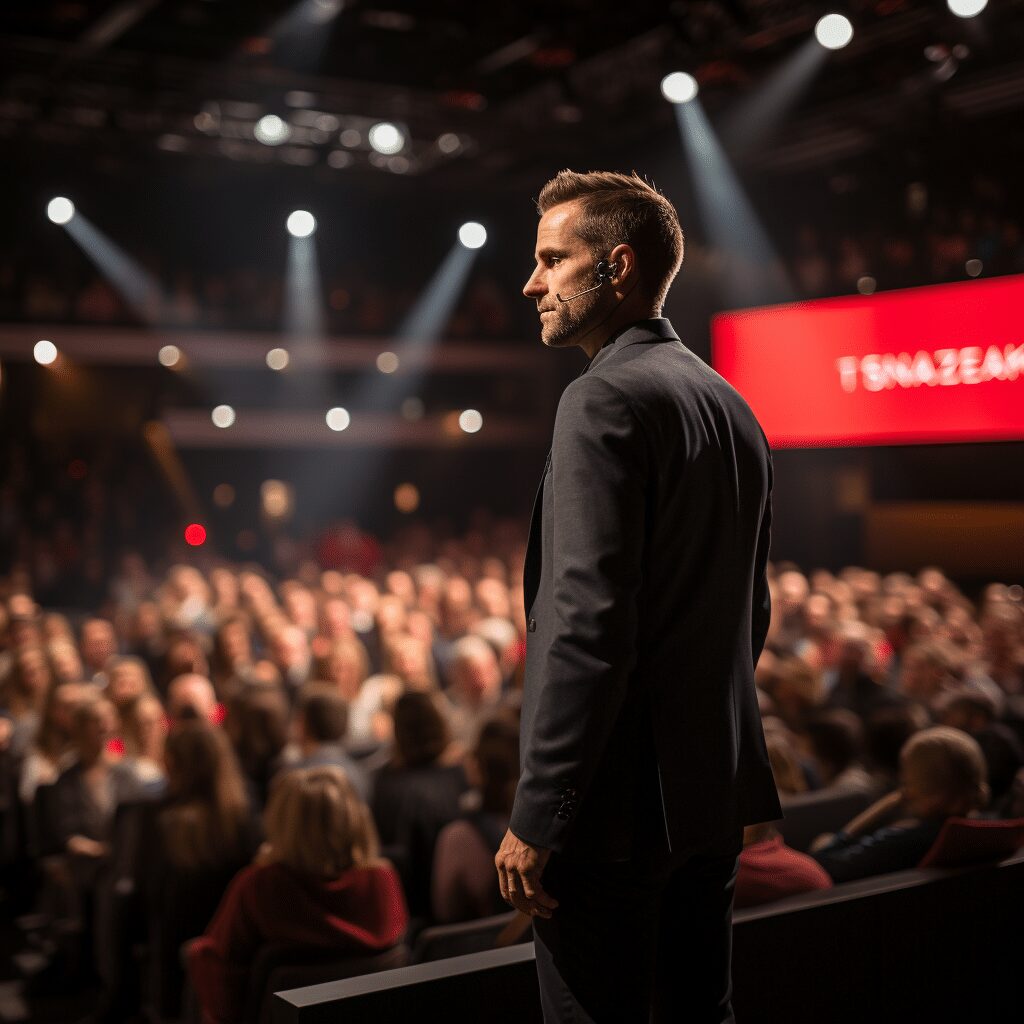Keynote Speaker Expertise: Innovation at Its Best
As we steer through 2024, the demand for professional speakers who can incite innovation within industries is sky-high. The role of keynote speakers has evolved beyond just providing inspiration; it’s about delivering actionable strategies that translate into significant competitive advantages. Let’s explore the expertise required by keynote speakers to drive innovation, enhanced with real-world examples and actionable insights.

1. Embracing Cutting-Edge Technologies
Keynote speakers must be familiar with the latest technological trends. Today’s landscape demands a deep understanding of AI, blockchain, quantum computing, and more.
Example: Ginni Rometty and AI Integration
Ginni Rometty, the former CEO of IBM and a recognized keynote speaker, is a pro at articulating AI’s transformative potential. Her talks often explore how businesses can utilize AI to streamline operations and enhance decision-making processes. In 2024, her discussions on IBM Watson’s use in predictive analytics have inspired numerous companies to integrate AI-driven models, elevating their efficiency.

2. Storytelling with Data-Driven Insights
Successful speakers blend compelling stories with empirical data. This approach substantiates their points and keeps the audience engaged.
Example: Hans Rosling’s Data Visualizations
Although Hans Rosling left us in 2017, his brilliant data visualization techniques live on through the Gapminder Foundation. His knack for using data to clarify global trends through storytelling has set a precedent. Modern speakers frequently draw on Rosling’s method, showcasing how data can make complex information both clear and captivating.

| Category | Description |
| Definition | A keynote speaker sets the central theme of a conference and often serves as the headline act. |
| Primary Role | To feature as the main event, addressing key themes and providing in-depth insights on specific topics. |
| Expertise in Innovation | In-depth knowledge of innovation trends, strategies, and research; ability to foster an innovation culture. |
| Clear Message | Delivers a specific, easily understandable message that aligns with the event’s central theme. |
| Captivating Delivery | Engages the audience through confident body language, eye contact, and appropriate gestures. |
| Relatable Stories | Uses personal anecdotes or case studies that resonate with the audience, making concepts accessible and relevant. |
| Audience Connection | Strong focus on meeting the audience’s needs and interests, tailoring the message to be highly relevant. |
| Inspiration to Action | Beyond providing information, the speech should motivate and inspire the audience to take specific actions. |
| Additional Participation | Willing to participate in event planning or other sessions such as panels, demonstrating genuine enthusiasm for the event. |
| Selection Process | Involves researching, contacting, and interviewing potential speakers to ensure a perfect fit for the event. |
| Attributes of a Good Speaker | Excellent oratory skills, emotional connection with the audience, deep knowledge of the topic, and motivational ability. |
3. Cultivating a Culture of Innovation
Effective keynote speakers help foster and cultivate cultures of innovation within organizations. Real transformation begins with the right culture.
Example: Ed Catmull and Pixar’s Innovation Culture
Ed Catmull, co-founder of Pixar, is famed for his speeches on creating environments ripe for creativity. His insights on fostering a feedback-rich culture where every idea is valued have been transformational for companies like Adobe. Adobe credits Catmull’s principles for revamping their product development processes.

4. Global Perspective on Innovation
Keynote speakers need to offer a global perspective, emphasizing that innovation transcends borders and cultural contexts.
Example: Satya Nadella’s Global Innovation Approach
Microsoft CEO Satya Nadella is lauded for his international view on innovation. His keynotes often underline how diversity and a global mindset fuel technological advancement and business growth. Nadella’s insights at international forums have prompted companies to recognize the importance of diverse teams and global collaboration in driving innovation.

5. Implementing Sustainable Innovations
Given today’s climate, sustainability is a crucial topic. Speakers should adeptly discuss how innovation can contribute to sustainable development.
Example: Al Gore’s Climate Change Advocacy
Al Gore’s talks on climate change and sustainable technologies have left a significant mark on industries worldwide. His ability to link environmental sustainability with innovative solutions has encouraged giants like Google and Apple to adopt renewable energy sources and sustainable practices.
6. Navigating Disruptive Change
Industries face constant disruptive changes, and keynote speakers must guide managing and thriving through these changes.
Example: Clayton Christensen’s Disruptive Innovation Theory
Though Clayton Christensen passed away in 2020, his pioneering work on disruptive innovation continues to resonate. Speakers cite Christensen’s theories to provide frameworks for understanding and leveraging disruption. Companies like Netflix and Tesla have benefited from these insights, staying ahead in their markets.
7. Leadership in the Age of Digital Transformation
Effective leadership is key to driving innovation, especially in our digital world. Keynote speakers must underscore leadership strategies tailored to digital transformation.
Example: Sheryl Sandberg’s Leadership Principles
Sheryl Sandberg, COO of Facebook, delivers powerful talks on leadership in a digitally transforming era. Her advocacy for transparent and empathetic leadership has influenced leaders at companies like LinkedIn and Slack, helping them adapt similar strategies and boost their innovation capabilities.
Innovate and Inspire: The Future of Keynote Speaker Expertise
As we advance, the role of keynote speakers as innovation catalysts will grow in importance. By embracing cutting-edge technology, blending storytelling with data, fostering cultures of innovation, adopting a global perspective, driving sustainability, navigating disruptions, and leading effectively, these speakers inspire profound transformations. Their expertise lays the groundwork for a future where innovation is not a mere aspiration but a standard practice embedded in every successful enterprise. For further insights and resources on professional speakers, visit Professional speaker Insights.
In 2024, industries are poised to benefit greatly from speakers who bring these elements together. Each speech can spark change, foster new ideas, and drive success. Let’s embrace this wave of innovation with the right keynote speaker expertise at the helm.
Are you eager to elevate your events with top-notch speakers? Discover more about what makes an outstanding Marketing keynote speaker and how you can give your Public speaking career boost at TCAA. Dive into technology talks in Spanish, or explore fantastic storytelling like Stephanie Foo ’ s. And for those keen on cutting-edge innovations, check out the incredible narratives of Quinn Simmons and exclusive insights from Tales Of Arise – Beyond The Dawn. Make sure your event stands out and leaves a lasting impression!
Keynote Speaker Expertise in Innovation
Starting with a Bang
Ever wonder what sets apart a truly captivating keynote speaker? It’s not just their command over language but their knack for engaging the audience with interesting tidbits along the way. Take for example the quirky fact that more people in America are struck by lightning than win the lottery. A great keynote speaker will weave such surprising facts into their narrative to keep the audience on their toes.
Historical Nuggets
History buffs, did you know that the world’s first innovation in postal services started in Persia around 550 BC? A speaker with expertise digs into these fascinating tidbits to provide context, making their message more relatable. By integrating historical anecdotes( into their speeches, they not only educate but also keep the audience glued to their seats.
Tech Tidbits
For the tech enthusiasts in the room, did you know nearly 6,000 new computer viruses are created and released every month? A keynote speaker’s prowess often shines through their ability to delve into such shocking tech statistics,( enlightening listeners about the rapid pace of technological advances while also suggesting innovative solutions to stay ahead.
Human Touch
Lastly, the human element cannot be ignored. Consider how speakers bring to light revealing trivia about human behavior( to make a point. For instance, on average, a person will spend six months waiting at traffic lights. Such facts might seem random at first, but they’re tied back to larger themes, offering a memorable and engaging experience for the audience.
By intertwining surprising facts and insightful trivia into the fabric of their presentations, keynote speakers with expertise in innovation captivate, educate, and inspire—making every talk a journey worth remembering.

What qualifies as a keynote speaker?
A keynote speaker sets the central theme of a conference, usually as the headline act. They are experts in their field and can talk extensively on a specific industry or topic.
How to be a successful keynote speaker?
To be a successful keynote speaker, you need deep expertise in your subject, the ability to captivate an audience, and a knack for connecting with people on an emotional level. Keeping up with the latest trends and strategies in your field is crucial as well.
What are the essential qualities of a good speaker?
Essential qualities of a good speaker include confidence, the ability to engage with the audience, and excellent delivery skills. They should also have a clear message and be able to relate their experiences through compelling storytelling.
What makes a person a keynote speaker?
A person becomes a keynote speaker by gaining expertise in a particular field and being able to present that knowledge in an engaging, inspiring way. They must be capable of setting the tone and theme of the conference.
How are keynote speakers chosen?
Choosing keynote speakers involves researching potential candidates, contacting them, and conducting interviews to ensure they align with the event’s theme and audience needs. The aim is to find someone who can best represent and lead the discussion.
Who makes a good keynote speaker?
A good keynote speaker combines deep knowledge in their area with excellent oratory skills and the ability to emotionally connect with and motivate the audience. They should also have a genuine excitement for the event and its goals.
How much should a keynote speaker charge?
The fee for a keynote speaker varies widely based on their experience, reputation, and the event’s budget. It can range from a few thousand dollars to over $50,000 for high-profile speakers.
How long is a typical keynote speaker?
A typical keynote speech lasts between 45 to 60 minutes. This timeframe allows the speaker to deliver a powerful and impactful message without losing the audience’s attention.
How do I market myself as a keynote speaker?
Marketing yourself as a keynote speaker involves showcasing your expertise through media like blogs, social media, and videos. Networking with event planners and participating in smaller events can also help build your reputation.
What are 7 ways to be a good speaker?
To be a good speaker, maintain eye contact, stand tall, use appropriate hand gestures, and express yourself clearly. Being relatable and confident while connecting with your audience is key.
What are the strengths and weaknesses as a speaker?
Strengths as a speaker include clarity, relatability, and strong storytelling. Weaknesses might be nervousness, lack of engagement, or going off-topic. Recognizing these can help in improving your skills.
What makes a speaker ineffective?
A speaker becomes ineffective when they cannot engage their audience, lack clear messaging, or fail to connect emotionally. Speaking in monotone or not addressing the audience’s needs are also pitfalls.
What are the criteria for keynote speakers?
Criteria for keynote speakers include thorough knowledge of their field, excellent communication skills, and the ability to inspire and motivate. They should also align well with the event’s theme.
Can anyone be a keynote speaker?
Yes, anyone can become a keynote speaker with the right expertise, communication skills, and practice. However, standing out requires continuous learning and engagement with the audience.
What it takes to be a keynote speaker?
Becoming a keynote speaker takes deep knowledge of your field, excellent speaking and storytelling abilities, and an understanding of your audience’s interests and needs. Confidence and passion are also crucial.
How do I identify a keynote speaker?
Identifying a keynote speaker involves looking for someone with proven expertise, a strong track record of engaging presentations, and the ability to resonate with the event’s audience and theme.
What is the difference between a guest speaker and a keynote speaker?
A guest speaker might cover a specific topic within the conference, whereas a keynote speaker sets the overall tone and theme, serving as the main attraction.
What is the difference between keynote speaker and main speaker?
The keynote speaker is generally the main speaker, setting the theme for the conference. While there may be several speakers at an event, the keynote speaker is the headline act.
What is the difference between keynote speaker and public speaker?
A keynote speaker focuses on delivering a targeted message that aligns with the conference theme, often inspiring action. A public speaker can speak on various topics, not necessarily tied to a specific event theme.

















